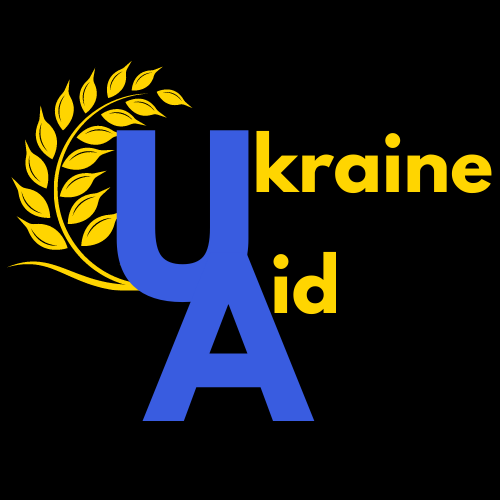Who is Vladimir Putin?
The Russian President and Prime Minister serving continuously since late 1999, and perpetrator of the brutal war against Ukraine, has been shaped by the events of World War ll, his service in the KGB, the collapse of the Soviet Union, and the desire to reestablish Russia to its former glory and as a counterbalance to the United States on the world stage.
Vladimir Putin, was born in 1952 in Leningrad, now St. Petersburg, in the aftermath of the deadly three-year siege by the Nazis. His elder brother died in the siege, his mother was found nearly frozen on the streets and was rescued from a pile of bodies by passing neighbors, and his father suffered life-long injuries from wounds during the war. Other extended family members were killed or missing during the war. The seed of threats from the West was planted here. Most Russian, Ukrainian, and Belarusian families share similar stories.
In 1975, he achieved a dream of joining the Russian KGB. After training and minor assignments, he was posted to Dresden, Germany, where he served from 1985 to 1990. After a modest career, he returned to St. Petersburg after the collapse of the Soviet Union. At nearly 40 years old, he found himself with limited career prospects and living in communal housing with his wife and daughter. He was assigned to St. Petersburg’s mayor, Anatoly Sobchak, as an adviser, while still serving in the KGB. He established a close relationship with Sobchak. In 1996, Putin moved to Moscow and held various posts in the Yeltsin government. He won Yeltsin’s confidence by defaming the Russian prosecutor investigating Yeltsin’s daughter on corruption charges and was appointed as one of three deputy prime ministers as a reward. When Yeltsin resigned in December 1999, Putin became Acting President of the Russian Federation. He subsequently won a hastily called election in March 2000 and became President.
Putin’s Presidency
In his first years, he reached the “grand bargain” with Russian oligarchs, allowing them to retain power in return for their support. He crushed the Chechnyan uprising in brutal bombing attacks on Grozny, the Chechen capital.
With the support of oligarchs, and a fivefold increase in the price of oil, the Russian economy was recovering from the chaos of the Yeltsin years. Russians were willing to sacrifice political freedoms for stability and Putin strengthened his hold on power by repressing journalists and killing or jailing of political opposition. Barred from serving a third term, he became Prime Minister, with Dimitri Medvedev serving as president, but Putin retain power and control. He invaded Georgia and established two puppet states on Georgian territory. He directed brutal bombing in Syria propping up Bashar al-Assad.
After changing the Russian constitution, Putin was elected to a third Presidential term in 2012 in marred and fraudulent elections. Through decrees, he further consolidated power and Russia continued declining into an authoritarian state. Putin stated the breakup of the Soviet Union was the greatest geo-political tragedy of the age. He supported pro-Russian Ukrainian President Yanukovych, and annexed Crimea after Yanukovych was removed from power. As his grip on Russian tightened, his attacks on the United States and western democracies as non-religious corrupt states continued in his avowed attempt to create a multi-polar world. He increased military spending and continued a build-up of nuclear capabilities. In 2016, he interfered in US and European elections. He was reelected to a fourth term in 2018, and passed constitutional amendments allowing him tom stay in power until 2036.
Putin’s regime has been characterized by increased authoritarianism, corruption, human rights violations, repression of the press and political opposition, election interference, and international adventurism. His history is replete with examples of old Soviet power politics both domestically and internationally. His is a legacy of the Soviet Union and his desire to regain lost territory and annex foreign lands with historic links. His war on Ukraine is the manifestation of these beliefs, and is prepared to go to any extreme to achieve them.






